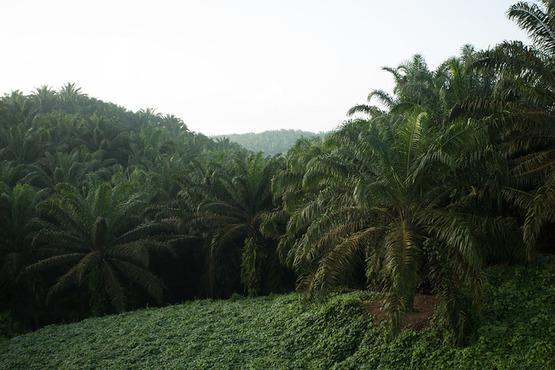Project Overview
Malaysia enjoys rich biological diversity in its forests and marine ecosystems, with many endemic species of flowering plants, birds, and mammals. Logging and expansion of palm oil and wood product plantations in the states of Sabah and Sarawak on the island of Borneo have come at the cost of conversion and degradation of forest and peatland habitats. Building on Malaysia’s historical commitment to forest conservation and reduced impact logging, this project aims to build on a range of actions, including the country’s sustainable development targets in light of the Paris Agreement; its priorities around green growth and state-level policies targeting forest cover protection and deforestation-free supply chains. Facilitating the development of integrated landscape management systems in Sabah and Sarawak, with multi-stakeholder participation for effective land-use planning and management are key goals.
Commodity:
Palm oil
Area Covered:
3,000,000 hectares
Executing Partner:
World Bank
GEF Implementing Agency:
United Nations Development Programme

Project features
Goals of the project include the development of integrated landscape management systems, knowledge management and impact monitoring, the promotion of responsible value chains for palm oil and smallholder support and the conservation and restoration of natural habitats through public-private-community partnerships.
This project will engage the private sector through strengthening company partnerships and through connecting global level commodity and food supply chain initiatives and networks.
These connections will facilitate the project linking to global buyers interested in sourcing from jurisdictions advancing towards having deforestation free commodity production and also to learn latest best practice and policy of global markets.
This project will engage the public sector through intra-governmental coordination and policy harmonization in pursuing integrated land management systems. It also will leverage multi-stakeholder participation to develop landscape and district-level land use plans and management guidelines as well as public-private-community partnerships focused on conservation and restoration of natural habitats.

An oil palm plantation in Malaysia. By Mokhamad Edliadi/CIFOR







